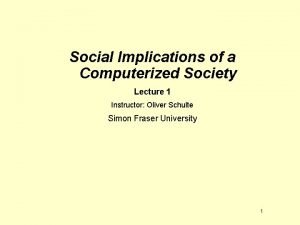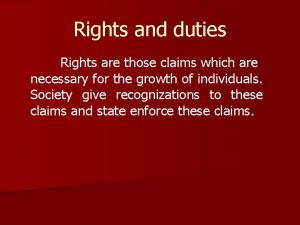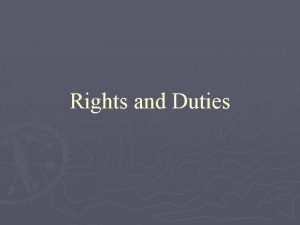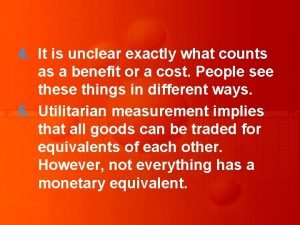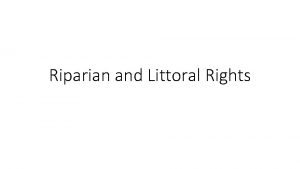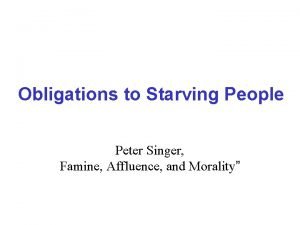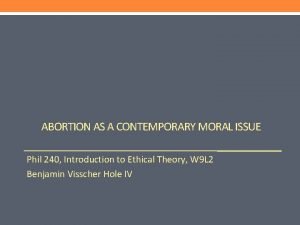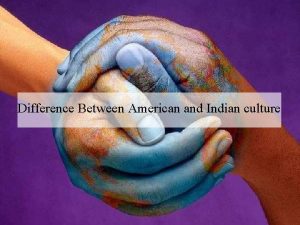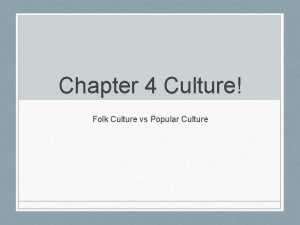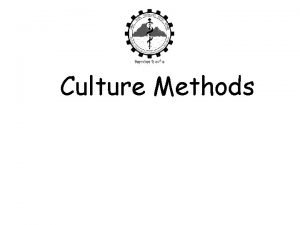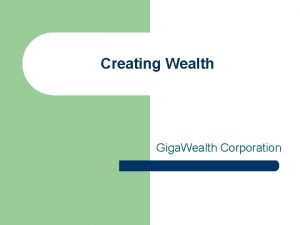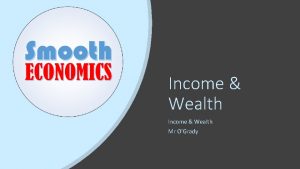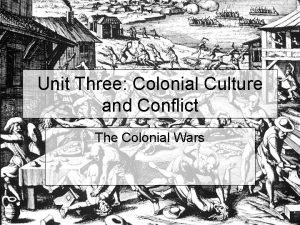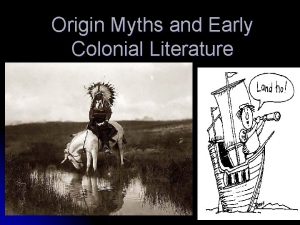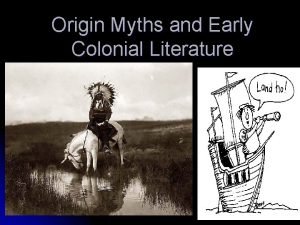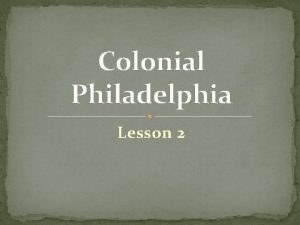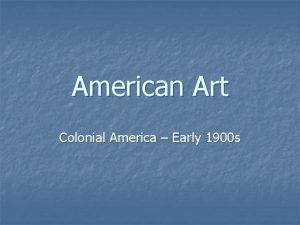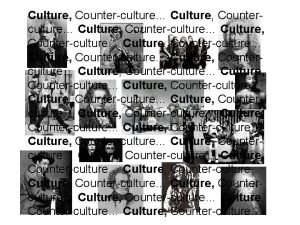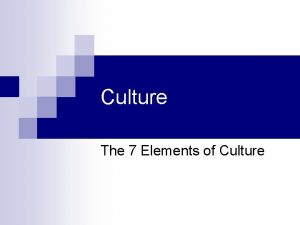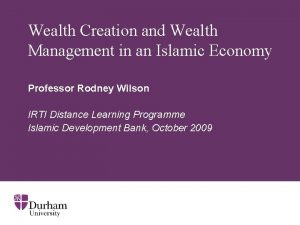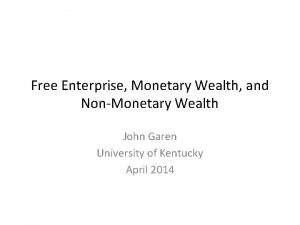Early Colonial Culture Land Rights and Wealth Land


















- Slides: 18

Early Colonial Culture Land, Rights and Wealth

• • Land By 1700’s Colonial Life was thriving Cheap farmland Natural resources Prosperity that would not be available in England • Land plentiful – removed Native Americans • Land Ownership = political rights

Rights • White males vote • Political rights/government • Rights derived from “natural rights” and other writings • John Locke – Enlightenment Thinker • Pursuit of life, liberty and property

Wealth • No class of nobles • Still divided into high, middle and low ranks

Salutary Neglect • In the beginning…the King ignored the colonies, • Colonists had laws to follow about taxes, trade & money • King hoped that not enforcing trade law would encourage the colonies to establish successful business here. • Salutary Neglect- not enforcing trade law on Colonists

Mercantilism England was to be the manufacturing center while the colonies were to produce raw materials and be the market for British goods.

Purpose of • A country. Mercantilism had a favorable balance of trade if it had more exports_ than _____imports____. (Sale) (Purchase)

Navigation Acts • But…As business become propersous, the King wanted to keep his piece of the profit (money). • He reestablishes control over the colonies by placing AND enforcing new trade laws on the colonies. • To keep his share of profits, he creates the Navigation Acts

Navigation Acts • The purpose of the Navigation Acts was to create a self sufficient empire

Navigation Acts goods to the colonies had to pass European _______ through English ports and be taxed _____.

Women and the • Not landholders Economy Little rights • African women worked large cash crops farms • White women were farm wives • Cooked, churned butter, made soap, spun fibers, wove cloth, sewed, and knitted clothes • Little cash – barter system

Children • Large families • Children worked to support farm and family • More children=more workers • Age 6 boys were “breeched” – expected to work • Age 11 become apprentices – Recieved food, lodging, clothes, and education as well as training in a craft

Education • Children taught to read so they can read the Bible • Wealthy families = math and writing • Textbooks emphasized religion • School of Manners, New England Primer

Newspapers and Books • Large literacy rate = publishing industry • Draws colonies together • Boston News-Letter • Most books imported from England • Slowly began to publish own books • Almanac – Poor Richard’s – Ben Franklin – Calendar, weather predictions, star charts, farming advice, home remedies, jokes, proverbs

Poor Richard’s Almanac

Freedom of the Press • Peter Zenger, publisher of the New York Weekly Journal • Trial for criticizing governor of New York • Illegal to criticize the government in print • Defended by Alexander Hamilton • Jury released him

The Great Awakening • Religious Movement in he 1730’s 1740’s • Felt colonists had lost religious fervor • Traveling ministers • Inner religious emotion more important than outward religious behavior • Rise of other religious groups – ie Baptists • Churches grew • Colleges founded – Brown and Princeton • Encouraged the right to question authority and encouraged ideas of equality • Encouraged revolutionary fervor

The Enlightenment • Emphasized reason and science • Ben Franklin, John Locke • Natural Laws to explain natural laws ie Gravity • John Locke – natural rights of man – Pursuit of life, liberty, and property • Government created to protect natural rights • If fail, right to change it
 Egyptian period flower arrangements
Egyptian period flower arrangements Positive rights and negative rights
Positive rights and negative rights Duty towards self
Duty towards self Legal rights and moral rights
Legal rights and moral rights Negative right
Negative right Early cpr and early defibrillation can: *
Early cpr and early defibrillation can: * Littoral rights definition
Littoral rights definition Positive vs negative rights
Positive vs negative rights Positive vs negative rights
Positive vs negative rights Negative rights vs positive rights
Negative rights vs positive rights What is cultural relativism
What is cultural relativism Fed-batch
Fed-batch American culture vs indian culture
American culture vs indian culture Stab culture and stroke culture
Stab culture and stroke culture Folk culture and popular culture venn diagram
Folk culture and popular culture venn diagram Popular culture examples
Popular culture examples Urease test
Urease test Homework due today
Homework due today Anaerobic culture method
Anaerobic culture method

